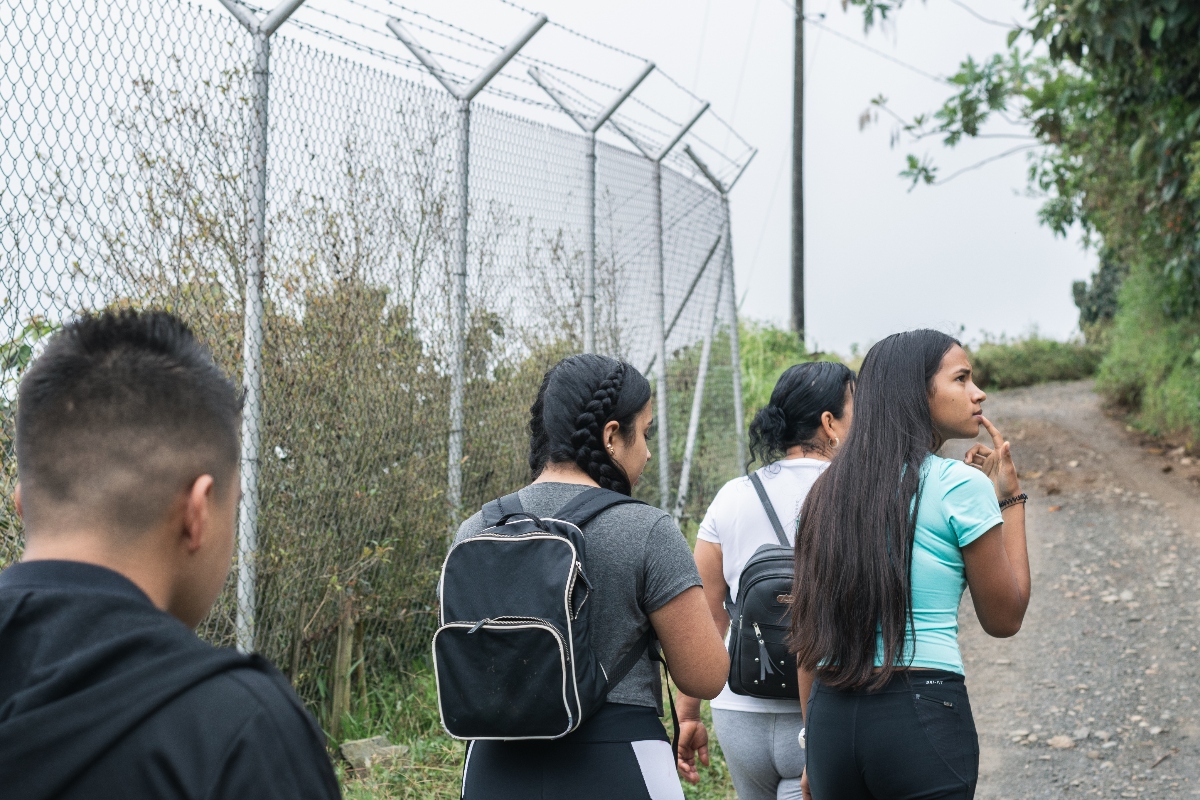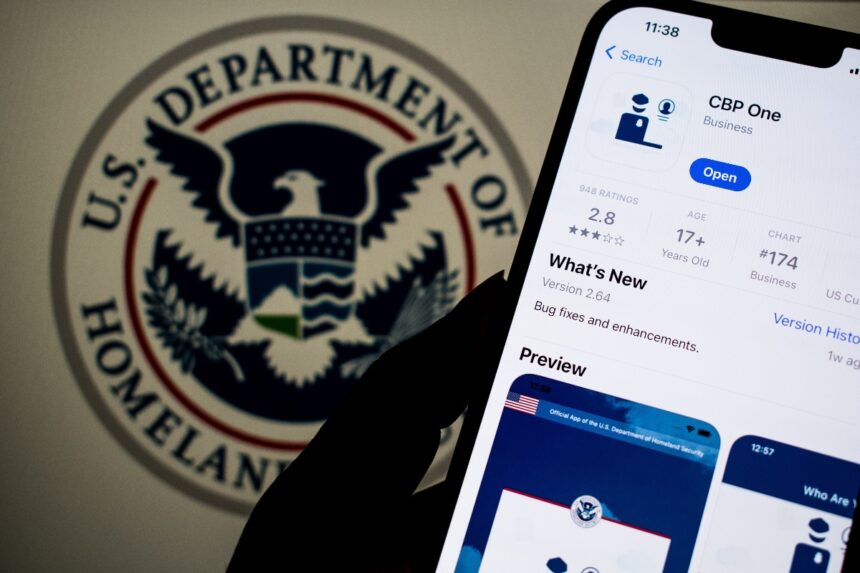The Department of Homeland Security(DHS), under President Donald Trump’s administration, revoked the temporary stay permits granted to hundreds of thousands of migrants who entered the United States through the CBP One application, a digital tool established during Joe Biden’s tenure.
From January 2023 through December 2024, more than 936,000 people legally accessed U.S. territory through appointments managed on CBP One. But now they will have to leave the country.
The CBP One application was key to channeling the entry of asylum seekers, allowing them to stay for up to two years with work authorization, under the figure known as “humanitarian parole”.
However, DHS has begun to send out cancellation notices for these permits. Although the exact number of those affected has not been specified, it is known that many migrants from Honduras, El Salvador, Mexico, Haiti, Nicaragua, Cuba and Venezuela are among those impacted.
What should they do?

According to the authorities, those who received the notices must leave the country immediately.
Preferably using CBP Home, a new version of the app that now also handles voluntary returns.
“The cancellation of these temporary stay permits is a promise kept to the American people to secure our borders and protect national security,” noted an official DHS statement on Monday, April 7.
Organizations such as Al Otro Lado, which offer legal advice to migrants, are already working to help those affected.
DHS has begun sending notifications of cancellation of these permits
QueOnnda.com
Many of those affected have shared on social media the emails received from DHS.
This has generated concern and uncertainty in migrant communities within the United States.
End of TPS

The measure is not isolated.
In March 2025, the Trump administration also announced the end of Temporary Protected Status (TPS) for more than 1.1 million people from countries such as Venezuela and Haiti.
Although a federal judge temporarily blocked that decision, legal uncertainty persists.
These actions reflect a drastic change in immigration policy from the Biden era.
This promoted legal channels for entry into the U.S. as an alternative to irregular crossings.
The use of parole was key, but it was also criticized by sectors that considered it an incentive to mass migration.
Those who live in the U.S. and have family members or acquaintances under these policies should:
Verify current immigration status
Consult with certified immigration attorneys
Avoiding fraud or false promises of permanence
For more information, visit QueOnnda.com.























